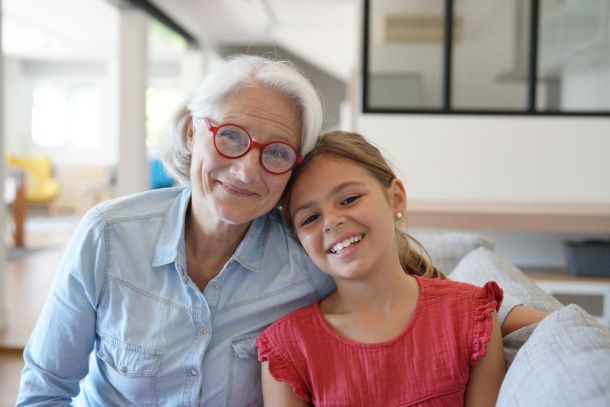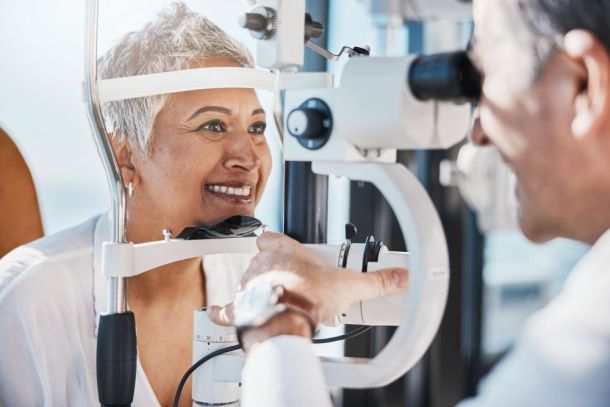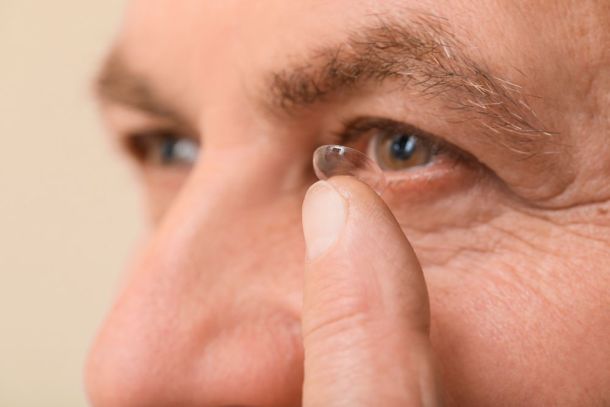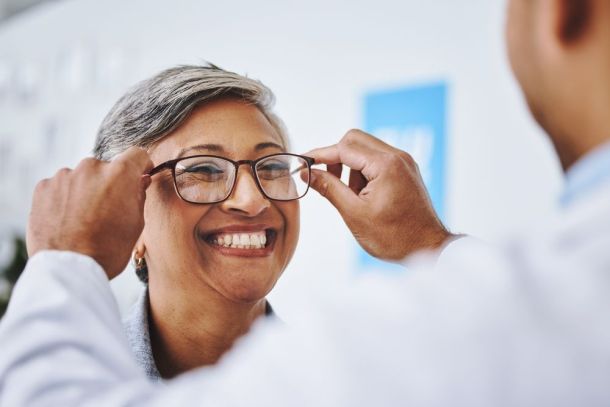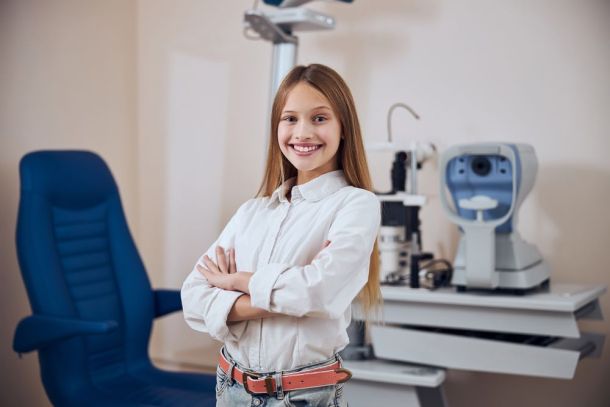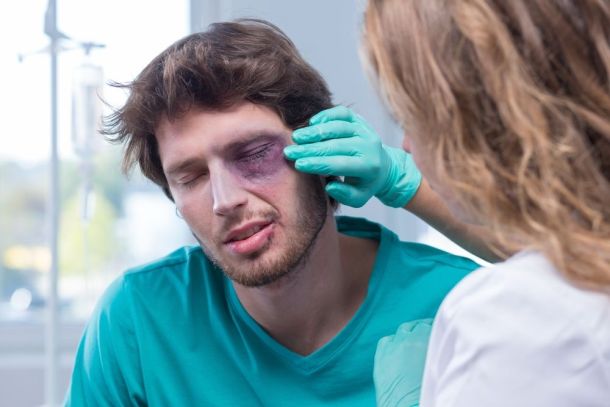THE IMPORTANCE OF REGULAR EYE EXAMS FOR CHILDREN WITH MYOPIA
Discovering that your little one's eyesight is not as sharp as it should be is challenging for parents. That is especially so when it comes to very young children. After all, they may be unaware of their vision
issues or cannot express them effectively.
WHAT ARE ROUTINE EYE EXAMS FOR KIDS?
Pediatric eye exams, or routine eye exams for children, are periodic examinations by an eye doctor. Their purpose is to check the development and health of a child's vision. A visual acuity test to gauge a child's ability to see clearly at various distances is part of these examinations. It involves inspecting the eyes and their surrounding structures. That includes the eyelids, pupils, and retina.
It is possible to perform more tests, such as a refraction test, to determine whether glasses are necessary or an eye disease screening. Depending on your child's age and predisposing conditions, these exams may happen more or less frequently.
BENEFITS FOR CHILDREN WITH MYOPIA
Regular eye exams are essential for managing and halting myopia progression in children. Some of the benefits of routine pediatric eye exams for kids with myopia include the following:
MONITORING MYOPIA PROGRESSION
Since myopia worsens during childhood and adolescence, routine eye exams are crucial for tracking the condition's development. The information obtained during these examinations can help eye doctors determine the appropriate treatment options.
EARLY DETECTION
Regular pediatric eye exams can aid in the early detection of nearsightedness. That is crucial for avoiding serious vision issues later in life. Early detection and treatment can also reduce the risks of
complications in kids with myopia. Such complications include a higher risk of developing retinal detachment, cataracts, and glaucoma.
LIFESTYLE CHANGES
The pediatric eye doctor might suggest lifestyle modifications in addition to corrective eyewear to slow the progression of myopia. These adjustments involve more outside time, less screen time, and avoiding reading in low light. Regular eye examinations ensure these changes have the desired impact on your child's eyes.
CORRECTIVE EYEWEAR
Your pediatric eye doctor will recommend glasses or contact lenses to help your little one see clearly if diagnosed with myopia. Routine eye exams guarantee that your child receives the best vision correction and that the prescription is current.
SPECIALIZED TESTS
A retinal imaging exam, for example, may be necessary for nearsighted children to monitor the condition of their retinas. Early detection of any changes through these tests can aid in avoiding later, more severe vision issues.
PEACE OF MIND
If you have a nearsighted child, you can rest easy knowing that someone is closely monitoring your little one's vision. Your pediatric eye doctor will address any problems right away.
CONCLUSION
It is critical for kids with myopia to have routine eye exams. These exams provide many advantages. These include:
- Early detection.
- Tracking progression.
- Prescribing the appropriate glasses or contact lenses.
- Recommending lifestyle changes.
- Bringing peace of mind.
Parents should schedule routine eye exams to ensure their children have the best vision possible.
For more on pediatric eye exams, visit Eye Health Consultants at our office in Spring, Texas. Call (281) 419-3355 to schedule an appointment today.

It is with great pleasure that we welcome you to our specialty eye care home. Eye Health Consultants provides patients with premium eye care and management of eye conditions such as Glaucoma, Anterior Segment Eye Disease, Pink Eye Treatment, Dry Eye Syndrome, Macular Degeneration, and Non-Surgical Vision Correction.
